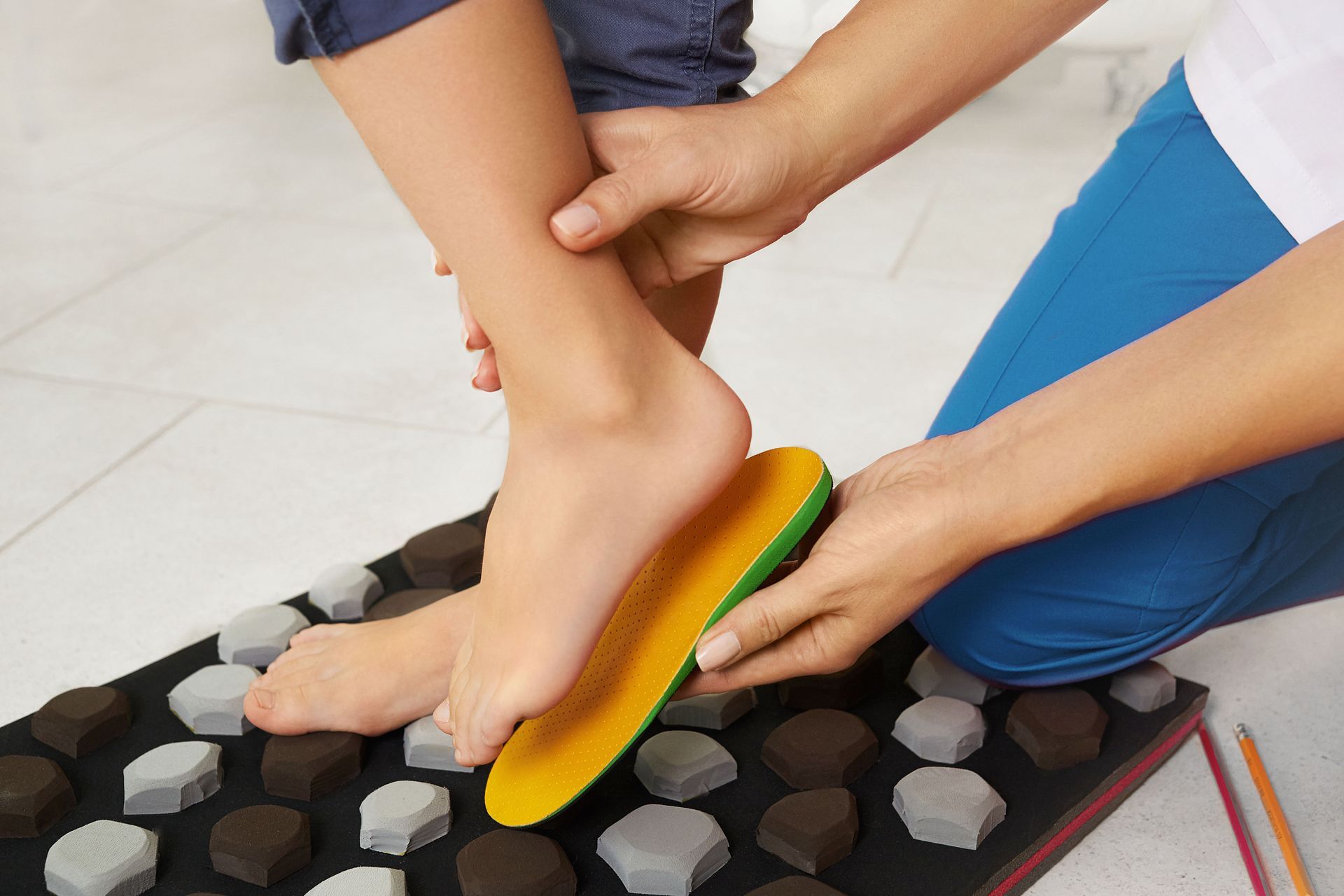5 Warning Signs of Plantar Fasciitis
Do you feel sharp heel pain when you get up in the morning or after long periods of sitting? You may be experiencing symptoms of plantar fasciitis. Plantar fasciitis is inflammation of the band of tissue running across the bottom of your foot, and it can cause debilitating pain. Be on the lookout for these warning signs, so you can seek proper plantar fasciitis treatment right away.
1. Heel Pain When Stepping After Rest
The classic symptom of plantar fasciitis is heel pain or tenderness when you first stand up after periods of inactivity. For example, you may have intense heel pain when getting out of bed in the morning or after sitting for a long time. This occurs because the plantar fascia tightens up during rest. When you go to stand, it stretches and pulls on your heel bone, causing pain.
2. Pain That Lessens Once You Start Moving
While the pain of plantar fasciitis can be intense first thing in the morning or after sitting, it usually improves somewhat after you've been walking for a short time. Moving around loosens up and stretches the plantar fascia, easing the tension and discomfort. Still, pain may return after long periods on your feet.
3. Heel Pain After Physical Activity
Any high-impact activities like running or jumping can also aggravate plantar fasciitis. The force and repetitive pounding on your feet overloads the plantar fascia, leading to inflammation and heel pain that can linger for several hours after the activity. Sudden increases in your activity level can bring on symptoms.
4. Tenderness Around Your Heel
If you press your fingers around the back and sides of your heel, you may feel tenderness or soreness. This indicates inflammation not just under your heel bone but also along the length of the plantar fascia. Pressure and pain near the heel is a classic sign.
5. Nagging Heel Pain for Weeks or Months
Plantar fasciitis usually develops gradually over time rather than being a sudden injury. You may notice mild heel pain that keeps persisting day after day. Symptoms often crop up after increasing activity levels or standing more than usual.
According to Mayo Clinic, plantar fasciitis is most common in people between the ages of 40 and 60, but anyone can experience these symptoms. If you're experiencing any of these warning signs, don't ignore them and hope they go away on their own. When caught early, plantar fasciitis symptoms usually resolve within several months with treatment. Ignoring the problem can lead to chronic long-term pain. If you have plantar fasciitis and need footwear as part of your plantar fasciitis treatment, reach out to Elite Foot Feet to find the right shoes.


Share On: